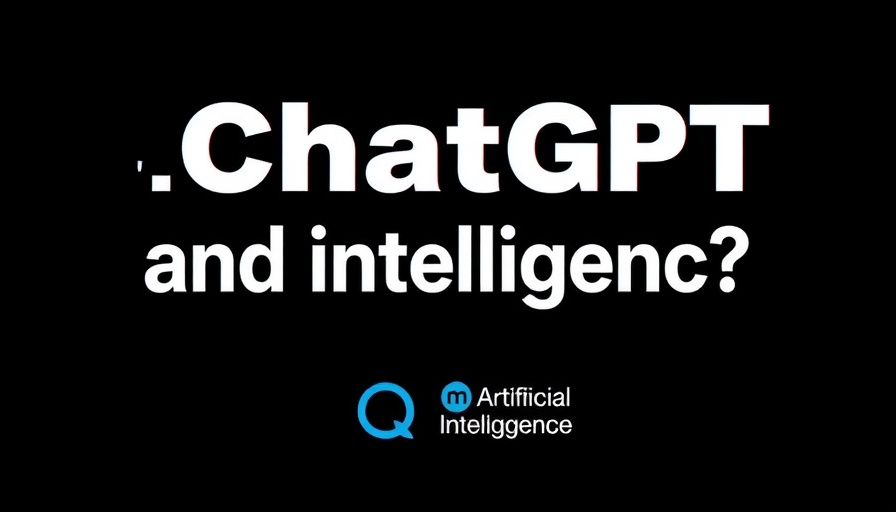
Understanding the MIT Study on ChatGPT and Cognitive Impact
A recent study from MIT has sparked significant discussion, with headlines warning that ChatGPT might negatively affect cognitive abilities. The research, titled "Your Brain on ChatGPT," investigated how different methods of writing essays influenced brain engagement. Participants were divided into three groups: those who relied solely on their memory, those who used traditional search engines, and those who utilized ChatGPT for assistance.
Utilizing EEG scans and linguistic analysis, the study revealed that those who employed ChatGPT demonstrated reduced neural connectivity and engagement in areas of memory and decision-making. Not only did their essays appear more uniform and less original, but the participants also struggled to recall specific points from their writings shortly after completing them.
The Misinterpretation of Findings: Let's Clear the Air
Despite the alarming headlines, many experts, including AI researcher Ethan Mollick, stress that the study's implications are being over-generalized. Mollick highlights that the conclusion drawn from the research—that AI leads to cognitive decline—is misleading. He explains that the results reflect a specific scenario: students dependent on AI for their essays didn’t engage deeply with their work, ultimately hindering their learning process. This does not suggest that using AI tools inherently makes individuals less intelligent.
Roetzer offers an analogy: the issues observed are similar to giving calculators to students untrained in math. If the tool is used without a foundational understanding, it can stifle skills rather than enhance them.
The Real Takeaway: Embracing Responsible AI Usage
So, what does this mean for students and professionals alike? The core lesson is about responsible AI integration into learning and work processes. Engaging with AI must be about enhancing human capability, not replacing critical thinking. Roetzer emphasizes the need for education systems to focus on teaching individuals how to use AI tools effectively, facilitating rather than short-circuiting learning.
Looking Forward: AI in Education and Business Growth
As AI continues to permeate our educational and professional landscapes, understanding its impact is crucial. Rather than using AI as a means to bypass hard thinking, we should view it as a tool that can enhance skills and promote business growth. Implementing AI marketing strategies thoughtfully, for instance, could streamline customer experience and lead generation, ultimately fostering a more innovative business environment.
Actionable Insights for Students and Professionals
To maximize the benefits of AI like ChatGPT, consider these practices:
- Utilize AI for brainstorming and idea generation rather than as a crutch during final output creation.
- Engage in discussions and collaborations that encourage critical thinking about AI's role in your work.
- Consider AI's insights as a starting point for further exploration, not an endpoint.
By adopting these methods, users can harness the power of AI while maintaining cognitive engagement and fostering deeper learning.
In conclusion, the recent MIT study serves as a reminder to use technological advancements like ChatGPT judiciously. The value we derive from these tools hinges not on their existence but on how we choose to integrate them into our lives.
 Add Row
Add Row  Add
Add 





 Add Row
Add Row  Add
Add 


Write A Comment